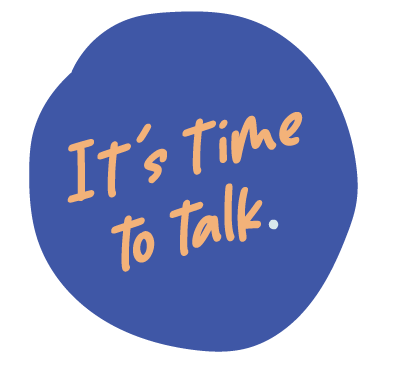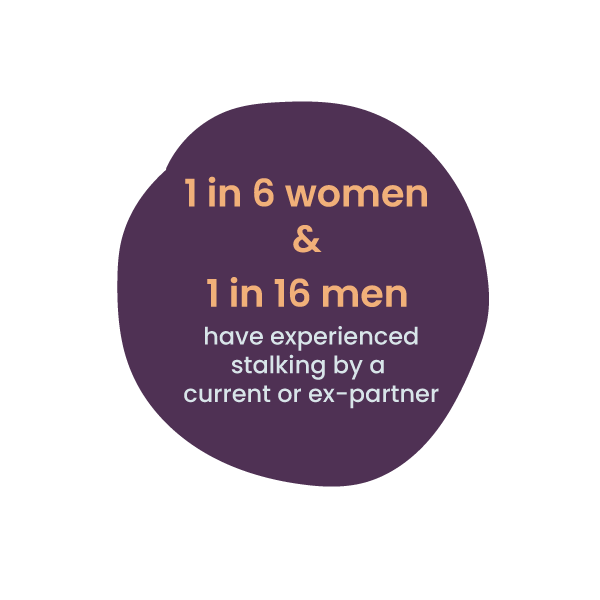Domestic and Family Violence
What is domestic and family violence?
Domestic and family violence is when someone who has or has previously had a close personal relationship with you makes you feel afraid, powerless or unsafe. The abuse can often be about control and is not just physical, it can involve threatening and bullying behaviour and be emotional, social, psychological, sexual, verbal, financial, spiritual and be technology facilitated.
Domestic and family violence is a crime and there is help available.
Who experiences domestic and family violence?
Domestic and family violence is common. It happens in all communities, cultures and religions, right around the world. It happens to people who are rich and poor.
It can happen between:
Typically in violent relationships, men are the abusers and women are the victims. Women are more likely than men to report to police, to end up with injuries, or to be killed by their partner or ex-partner. For some groups of women, (including Indigenous women and women with disabilities), the statistics of injury and death for women are even higher.
But anyone, including men, can be a victim of domestic or family violence, and anyone, including women, can be a perpetrator.
In Australia:
See the AIHW site for more information on domestic violence statistics
If someone is experiencing domestic or family violence, AND they also face social isolation, discrimination or disadvantage (maybe because of their culture, religion, disability, gender, sexual orientation or for other reasons) - it may take them more courage and effort to seek out information or get help.
Types of abuse in domestic and family violence
Domestic and family violence includes different types of abusive behaviour. The abuse can include and is not limited to:
Emotional and Psychological Abuse
- Threats, humiliation, put downs, derogatory comments (making you doubt yourself or your sanity, for example by lying, hiding things, calling you crazy or falling you that you're remembering things wrong
Spiritual Abuse
- Using religious beliefs ti hurt, scare or control you
Social Isolation
- Cutting you off from friends, family or community
Financial Abuse
- Controlling your money, preventing you from getting a job, running up debts
Reproductive violence
- Preventing you from making your own choices about contraception, pregnancy or termination of a pregnancy
Neglect
- Denying things for safe and healthy living, such as access to food and water, clothes, washing facilities, personal privacy, mobility devices or transport
Legal Abuse
- Using the law or legal threats to intimidate you, making false reports to police, bringing vexatious cases against you, not following court orders
Stalking
- Constantly making unwanted contact, such as through emails, phone calls, texts, or social media messages, leaving unwanted notes or gifts, following you, turning up uninvited
Physical Violence
- Hurting or controlling your body, such as though restraint, forcing you to take alcohol or drugs, preventing your access to medication, destroying or removing your mobility devices, kicking, punching, or strangling you
Sexual Violence
- Being forced, pressured or tricked into any unwanted sexual activity (including looking at or touching someone else's private parts; someone touching any part of your body; having sex without contraception; watching pornography; seeing pornographic images, messages or posts; posting sexual images of you online without your consent; any sexual acts with a minor)
Adapted from 1800 Respect
A person doesn’t have to experience all of these forms of abuse for it to be a crime. If you are experiencing any of these forms of abuse, help is available. Contact the police (Call 000) or 1800RESPECT on 1800 737 732
All forms of domestic and family violence are serious and should be stopped. But some forms are signals that the violence may turn lethal. Physical violence (like strangulation), rape, kidnapping and threats to kill or commit suicide have been strongly linked with murder. If you or someone you know has experienced this, contact the police immediately (Call 000).
Effects of domestic and family violence
Domestic and family violence can have serious effects on you and the people around you.
Effects on YOU
Effect on FAMILIES
Effect on COMMUNITIES
Adapted from NSW Communities & Justice
If you’re not sure what’s going on for you, try Next Steps from Reach Out to help you work out the support you need.
For some great resources on preventing domestic and family violence, check out Our Watch.







